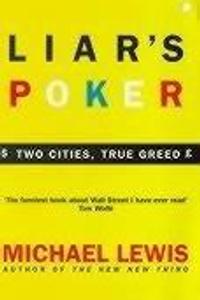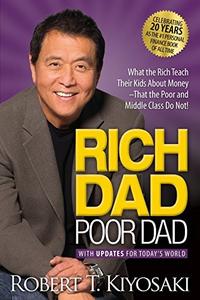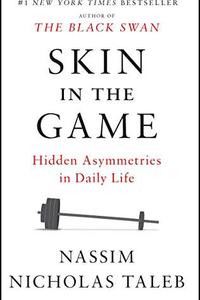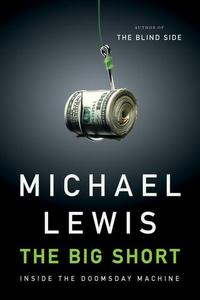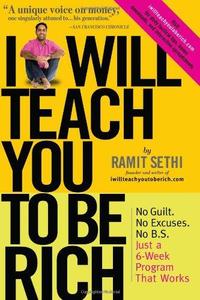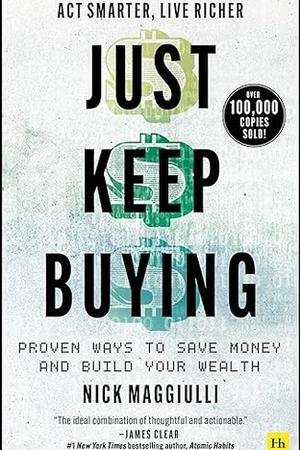
Just Keep Buying by Nick Maggiulli: Summary & Notes
by Nick Maggiulli
In One Sentence
The best investment strategy is simple: save what you can, invest consistently in diversified assets, and don't try to time the market—just keep buying.
Key Takeaways
- Time in the market beats timing the market
- Automate your investments—remove emotion from the equation
- Buy the dip doesn't work—dollar-cost averaging wins
- Spend money on experiences and things that bring genuine joy
- Your human capital is your biggest asset early in life
- Simplicity beats complexity in investing
Summary
A great book to recommend to anyone looking to up their personal finance game.
If you’re well-versed in personal finance, you won’t find a ton of new material here, but it’s a quick read, with some fresh viewpoints on a number of topics.
Read this alongside The Psychology of Money and I Will Teach You To Be Rich and you’ll be ahead of the vast majority when it comes to personal finance.
Who Should Read This Book
- Beginning investors
- Anyone paralyzed by investment decisions
- People who try to time the market
- Those seeking simple, data-backed advice
FAQ
What is the Just Keep Buying strategy?
Invest consistently regardless of market conditions. Don't try to time the market or wait for dips. Historical data shows that just keeping buying—dollar-cost averaging into diversified funds—outperforms most timing strategies.
📖 Chapter-by-Chapter Breakdown
Click to expand the full detailed notes for every chapter →
📖 Chapter-by-Chapter Breakdown
Click to expand the full detailed notes for every chapter →
Notes
- At the end of the day, it matters a lot less what you buy, when, or how much. What matters is that you keep buying investments.
- Save what you can: cutting spending has a limit; raising your income is often what you’ll need to focus on once your spending is reasonable.
- Climbing the corporate ladder is often looked down upon, but it’s one of the most reliable ways to get wealthy.
- The end goal is always more ownership: ownership of income-producing assets.
- The 2X Rule: anytime you want to splurge on something, you have to take the same amount of money and invest it as well.
- Spend to increase happiness: on experiences, occasional treats, buying extra time, paying upfront, or spending on others. Make sure your purchases will contribute to your long-term fulfillment.
- Don’t spend more than 50% of your future raises. Anything more and you start to delay your retirement.
- To decide whether college is worth it, you should figure out the boost in future earnings your degree is going to provide, and look at what those earnings are worth today (current value of discounted future earnings).
- Avoid non-mortgage financial debt. This type of debt often has consequences for your physical and mental health.
- The transaction cost of buying a home is typically 2-11% of the home’s value. And homes typically require 1-2% of the home’s value in annual maintenance costs. Which is partially why you should probably only consider it if you’re going to be there long-term. Housing as an investment typically provides poor returns.
- The primary cost of renting is risk: unknown future housing costs, instability in living situation, ongoing moving costs. You may also need to buy to live in a specific area for other reasons, like schools, social group, etc.
- If you do want to buy a home, you should be able to provide 20% as a down payment (whether you use it or not), and keep your debt-to-income ratio below 43% (monthly debt/monthly income).
- When it comes to saving, use cash. If you’re saving for 3 years or more, consider buying bonds with your cash.
- You can figure out when you can retire by assuming a withdrawal rate of 4%, which means you need 25 times your annual expenses (minus whatever social security/guaranteed income you will get) to retire.
- But the big risk with retirement isn’t often the financial risk. It’s the existential one: how will you spend your time? What will your social life look like? What will be your ultimate purpose? Make sure you plan these too.
- What should you invest in? For most, stocks will be best. You can transition to bonds as you get nearer your retirement age. But you may also want to consider other things like investment properties, real estate investment trusts (REITs), farmland, small biz/angel investing, or royalties.
- When it comes to investing, you should invest your money as soon as you can. And you should avoid selling until as late as possible (or ideally, never). You can rebalance your portfolio when necessary by buying more.
- 401(k) vs. Roth 401(k) (or equivalent in your country) is tricky, and depends on your situation. There’s not a huge advantage to 401(k) in terms of earnings, but a big cost in terms of having your money locked up. Contribute up to your employer match if you have one, for sure, but after that think carefully.
- It’s likely that you’ll never feel rich; even most billionaires compare themselves to the few people better off than they are. The reality is that if your net worth exceeds $93,170, you’re in the top 10% globally.
- Time is the most important asset; you can never buy back your time.
